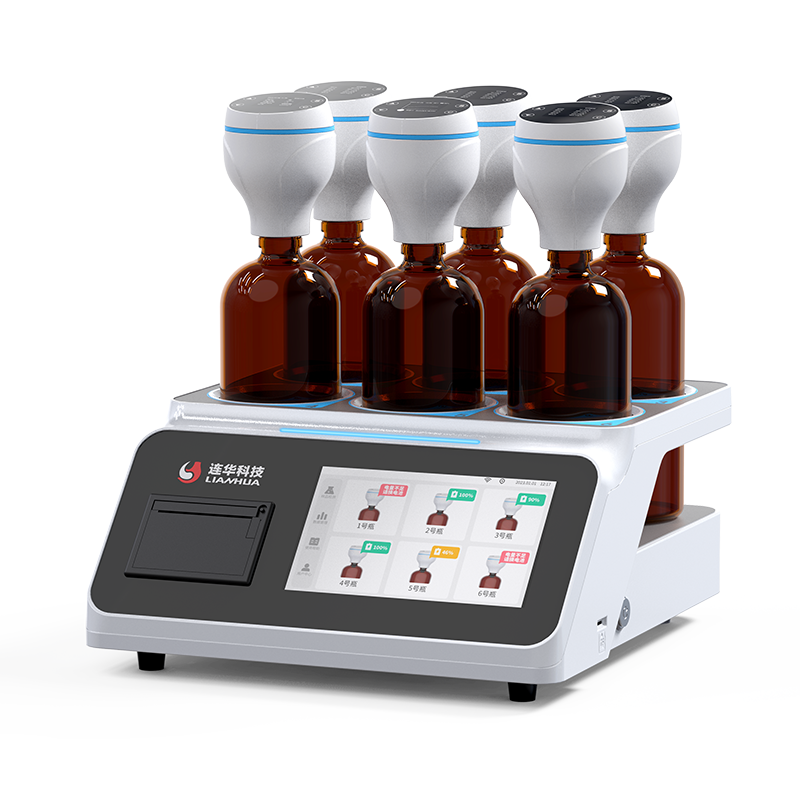In today’s environmentally-conscious world, optimizing wastewater treatment processes is not just a regulatory requirement but also a commitment to sustainability. One of the most effective tools for achieving this optimization is the use of BOD analyzers. These devices play a crucial role in measuring the biochemical oxygen demand (BOD) of wastewater, providing essential data that can lead to more efficient treatment methods and improved environmental outcomes.

BOD analyzers are sophisticated instruments designed to measure the amount of oxygen that microorganisms will consume while decomposing organic matter in water. This measurement is vital for wastewater treatment facilities, as it directly correlates to the level of organic pollution present. By utilizing BOD analyzers, operators can gain insights into the effectiveness of their treatment processes and make informed decisions to enhance performance. The precision and reliability of modern BOD analyzers make them indispensable in any wastewater management strategy.
Enhancing Treatment Efficiency with BOD Analyzers
The integration of BOD analyzers into wastewater treatment processes can lead to significant improvements in efficiency. These analyzers provide real-time data, allowing operators to monitor BOD levels continuously. With this information, treatment facilities can adjust their processes dynamically, ensuring optimal conditions for microbial activity. This adaptability not only enhances treatment efficiency but also reduces the overall operational costs associated with wastewater management. Moreover, the timely detection of high BOD levels can prevent potential environmental violations, safeguarding both the facility’s reputation and the ecosystem.
Cost-Effectiveness and Compliance
Investing in BOD analyzers is a strategic move for wastewater treatment facilities aiming for cost-effectiveness and regulatory compliance. By accurately measuring BOD, facilities can optimize chemical usage and energy consumption, leading to lower operational expenses. Furthermore, consistent monitoring helps ensure compliance with environmental regulations, reducing the risk of fines and enhancing the facility’s standing in the community. The data from BOD analyzers can also serve as vital documentation during inspections, showcasing a facility’s commitment to responsible wastewater management.
Future Trends in Wastewater Treatment
The future of wastewater treatment is leaning towards automation and data-driven decision-making. BOD analyzers are at the forefront of this evolution, as they not only provide critical data but also integrate with other monitoring systems. This integration allows for comprehensive analysis and predictive modeling, enabling facilities to anticipate changes in wastewater composition and adjust their processes accordingly. As technology advances, we can expect BOD analyzers to become even more sophisticated, further enhancing their role in optimizing wastewater treatment processes.
In conclusion, optimizing your wastewater treatment process with BOD analyzers is a practical and effective approach to enhancing efficiency, ensuring compliance, and reducing costs. These instruments provide invaluable data that can lead to better decision-making and improved environmental outcomes. By investing in BOD analyzers, wastewater treatment facilities can not only meet regulatory requirements but also contribute to a more sustainable future.
